Sustainable agriculture and forestry
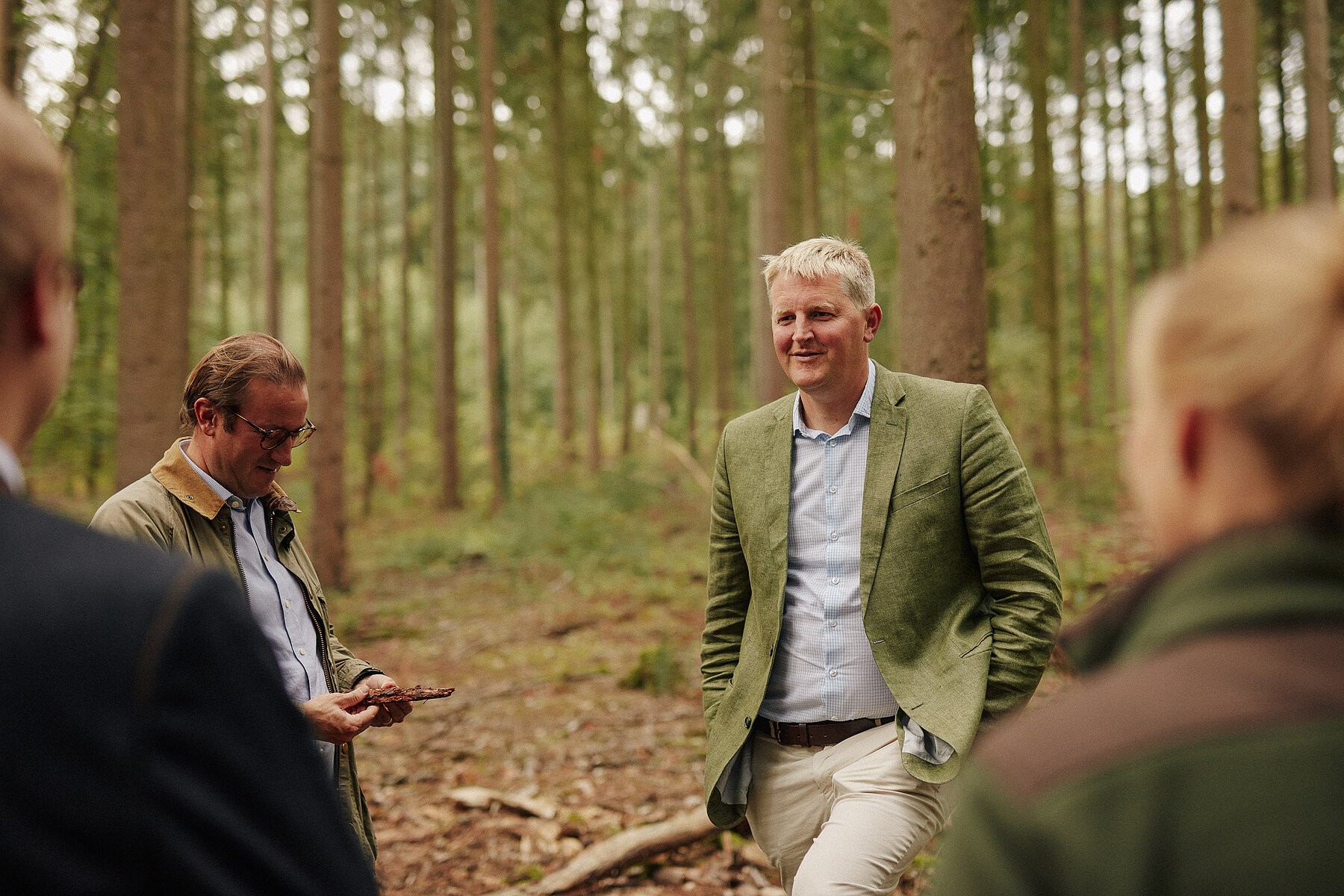
The concept of sustainability is over 300 years old and was originally defined in forestry: When managing forests, never use more than will naturally grow back.
All modern definitions of sustainability refer to the prudent use of goods and resources in order to safeguard the forest resources of an economic, ecological or social entity.
The House of Salm-Salm has been facing up to the challenges of sustainable management for 32 generations. Against the historical background of wine, forestry and agriculture, the aim for generations has been to pass on something better.
Salm-Salm & Partner's investment approach is anchored in the ESG and sustainability guidelines.
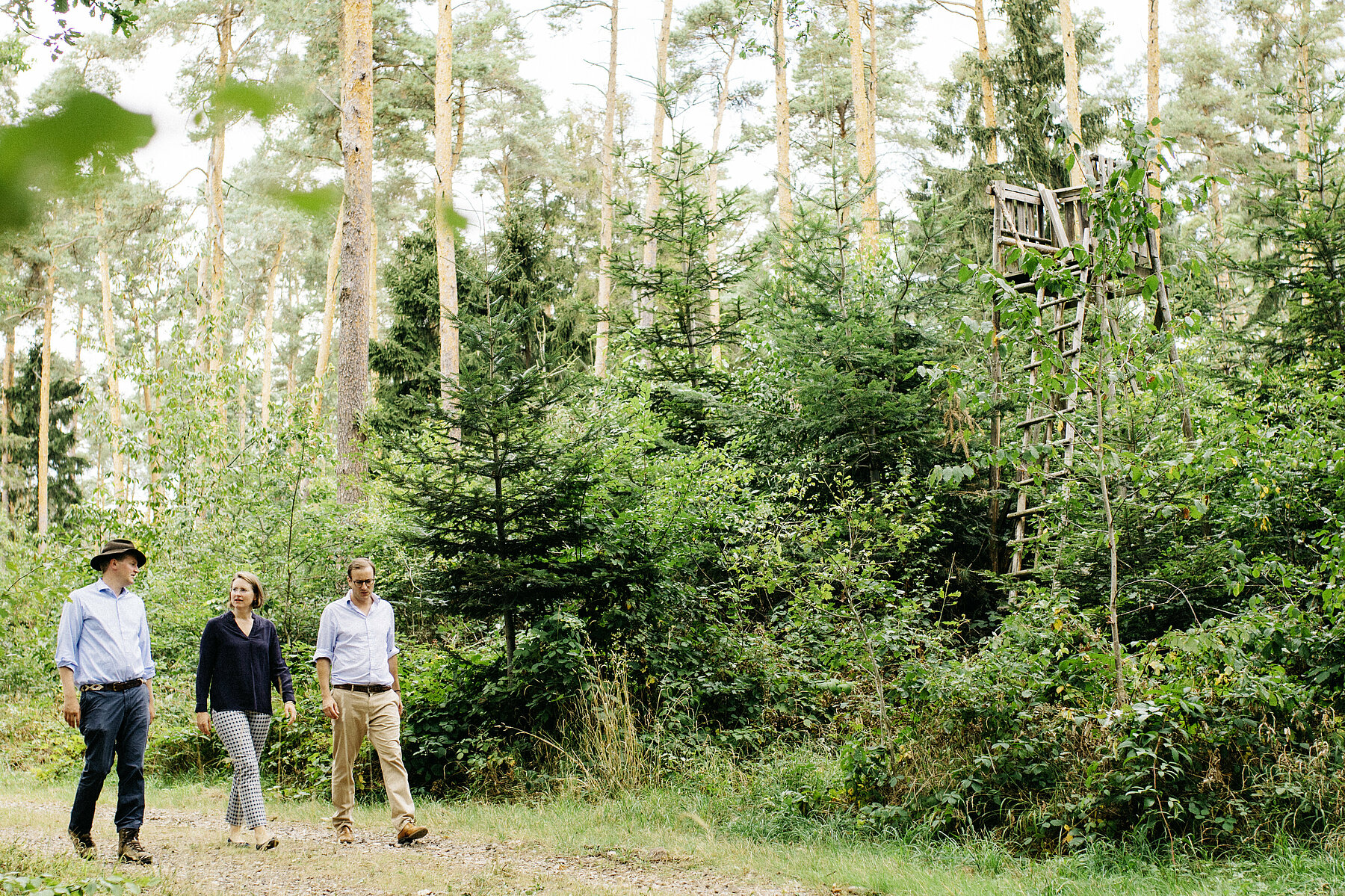
Sustainable Forest Management
Sustainable management means understanding the natural growth conditions of forests and working with nature. Only a well-tended and healthy forest can be used sustainably and in the long term, and only on healthy soils can future generations continue to farm successfully.
We promote naturally occurring tree species, as these are adapted to the respective site conditions and are therefore resistant to diseases and climatically challenging years. The right choice of tree species, the right location and timely logging lead to a healthy forest in the long term.
In view of today's economic and climatic challenges, there has never been a better time to include forestry and agriculture in a diversified investment portfolio.
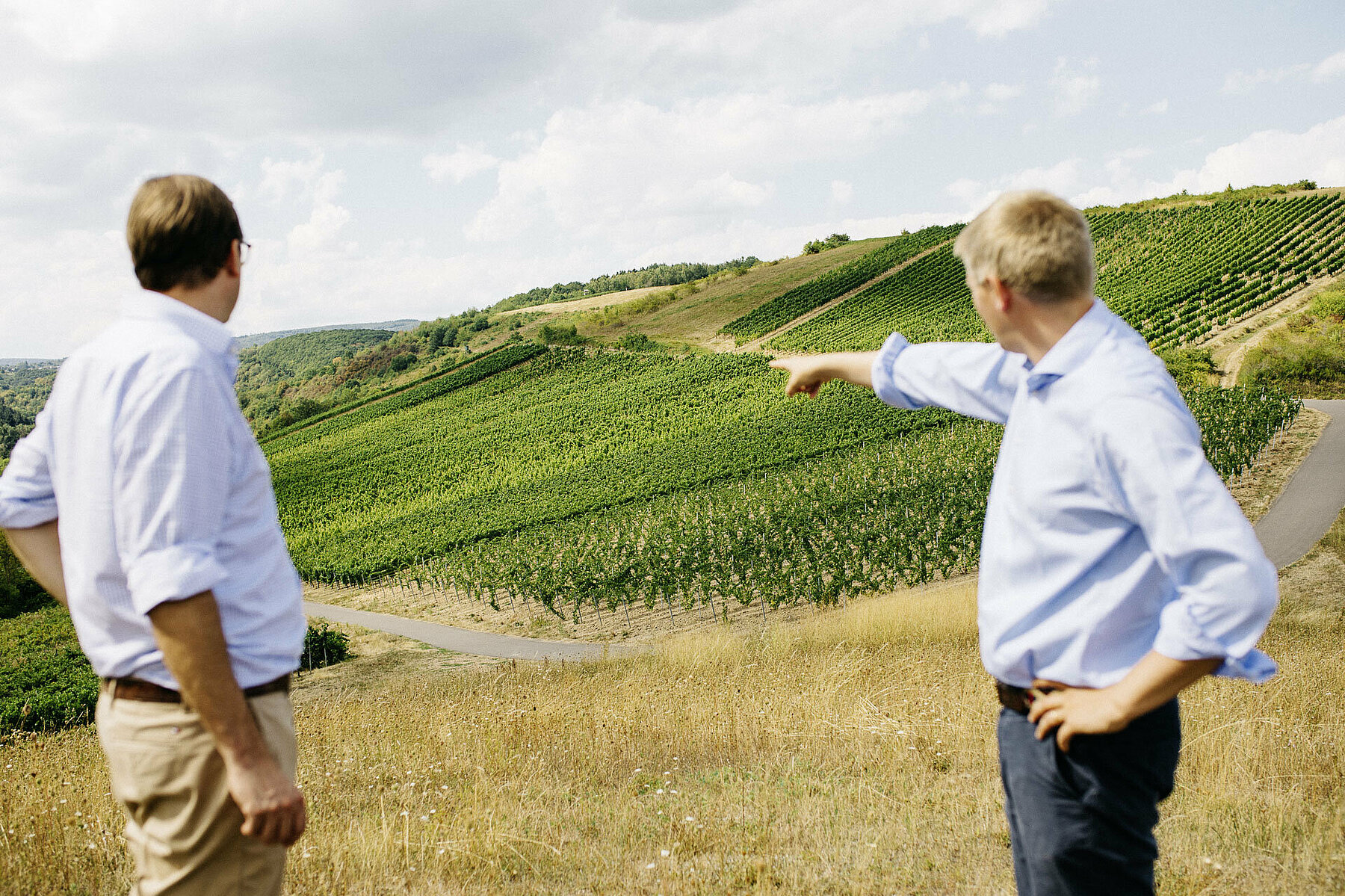
Sustainable Land Management
At present, independence from international supply chains is becoming increasingly important. In food production, there is a particular focus on local agriculture to ensure food safety in difficult times.
At the same time, more and more people are prepared to switch to organic food and spend more money on it.
We promote the sustainable cultivation of farmland according to ESG criteria. This helps to ensure an ecological balance. Land that is suitable for growing organic food is carefully selected and cultivated accordingly. At the same time, it is important from an economic point of view to ensure a balance with conventional agriculture.
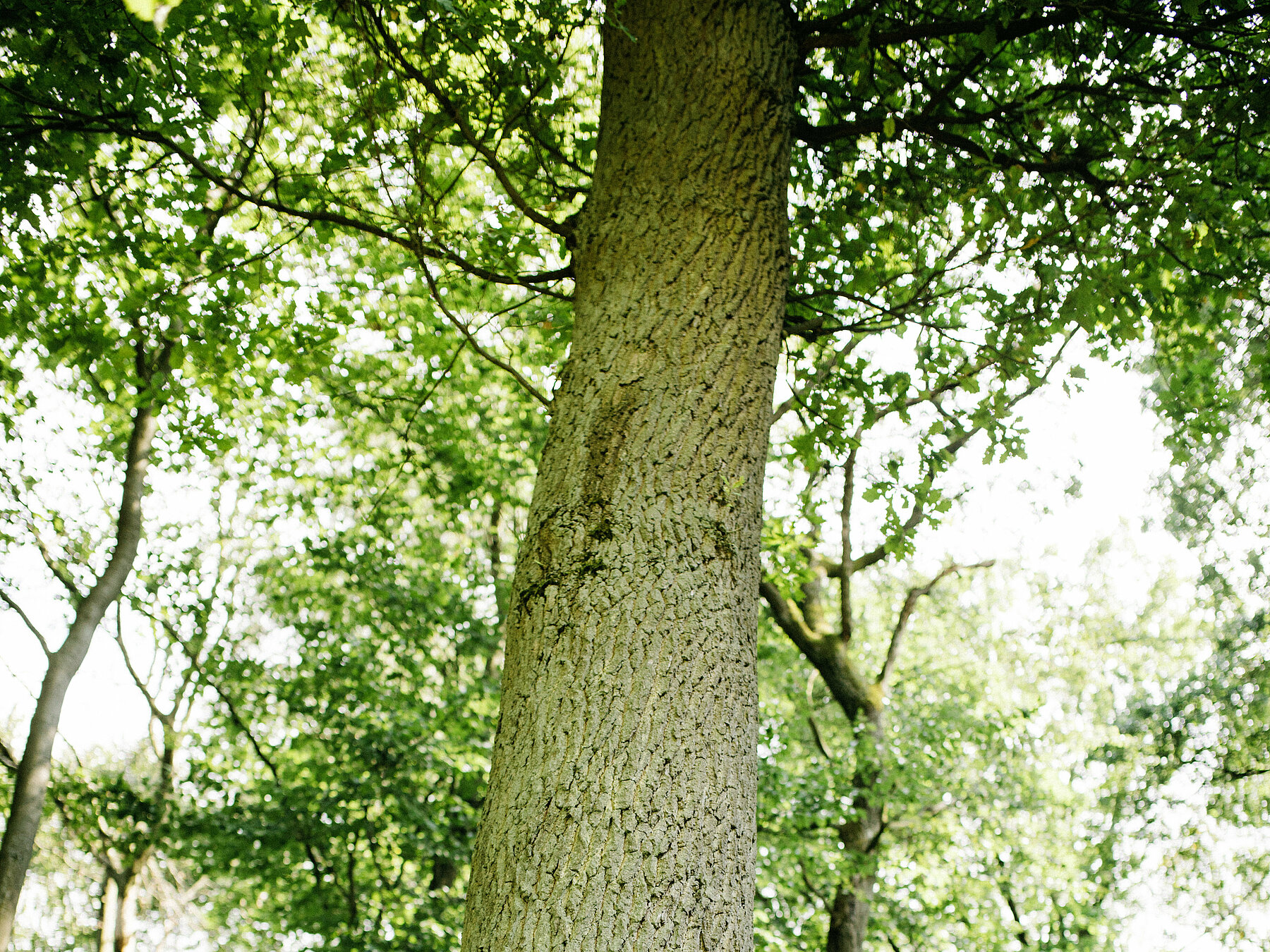
CO2-storage performance
Forests are of inestimable value to our society as they provide a wide range of ecosystem services. Especially in times of climate change, CO2 storage plays a crucial role. Forests absorb carbon dioxide and thus make a significant contribution to reducing greenhouse gases.
Companies and investors have the opportunity to participate in CO2 trading systems on the regulated or voluntary market by investing in forestry. This enables climate protection targets to be achieved and economic opportunities to be exploited at the same time.
ESG

ENVIRONMENT
More

ENVIRONMENT
Promoting environmental stability
An environmental study is carried out prior to the acquisition of land to identify environmental hazards or problems that need to be remedied after acquisition. After acquisition, annual environmental assessments are conducted to monitor environmental hazards and problems and review changes. The health of the ecosystems is checked and ensured through the annual inspections and reviews of the forests. This also includes the long-term protection of biodiversity. An overarching goal in the context of promoting ecological stability is to maintain and, if possible, increase the global forest cover area. The forest area is managed in accordance with established certification systems.
Water management contributes to the protection of rivers, streams, lakes and other bodies of water. Water protection is also monitored by certified third parties. To protect bodies of water adjacent to the land, crop protection products are applied at a distance that prevents them from entering the water. We also pay attention to drift when applying plant protection measures in order to avoid water pollution or damage to sensitive neighboring crops.
Forest and arable land provide space for the development of renewable energy. Wind power and photovoltaics are driving the energy transition and ensuring a sustainable and environmentally friendly energy supply.
The Salm-Salm Group is committed to sustainability. This also applies to all investment objectives. For this reason, the funds under management comply with Article 9 of the EU Disclosure Regulation.

SOCIAL
More

SOCIAL
RESPECT FOR LABOR AND HUMAN RIGHTS
Salm-Salm pays close attention to its social responsibility. In addition to environmental standards and sustainability, labor and social standards are particularly important. For this reason, the company obliges all service providers, partners and consultants to comply with labor laws. In addition, commitment to occupational safety is a prerequisite and is also strictly implemented. The Salm-Salm Group wants to lead by example and give something back to society.
The company rejects all inhumane acts and respects every individual regardless of gender or religion.
As a responsible company, Salm-Salm is committed to the guidelines of the International Labor Organization (ILO), the principles of the UN Global Compact and the OECD Guidelines. This underlines its respect for labor and human rights.
Salm-Salm implements processes that make compliance with all standards and guidelines verifiable.
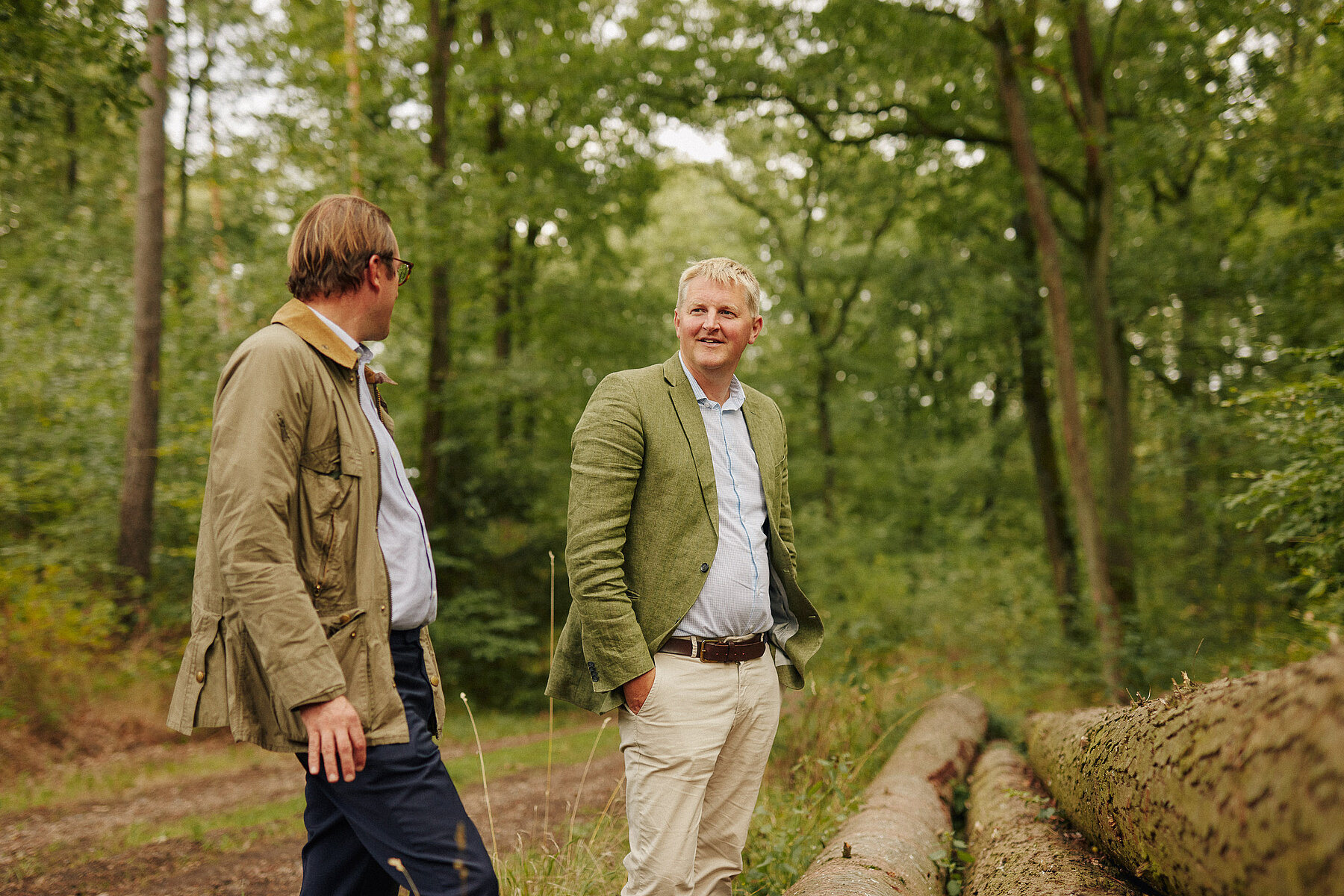
GOVERNANCE
More

GOVERNANCE
HIGH CORPORATE AND ETHICAL STANDARDS
In preparation for the acquisition of land, a professional ownership check is carried out to ensure the correct ownership structure.
Respect for national, regional and local laws is important to Salm-Salm. We are also committed to the community by actively working with local communities, service providers and consultants.
The management of the Salm-Salm Group lives ethical leadership. This leads to satisfied and motivated employees. The individual development of each employee is encouraged. At the same time, the company has committed itself to voluntary codes and acts in accordance with the principles of corporate governance. Compliance within the company is implemented with determination.
Salm-Salm assesses all risks affecting the company with the utmost care and reacts to possible changes.
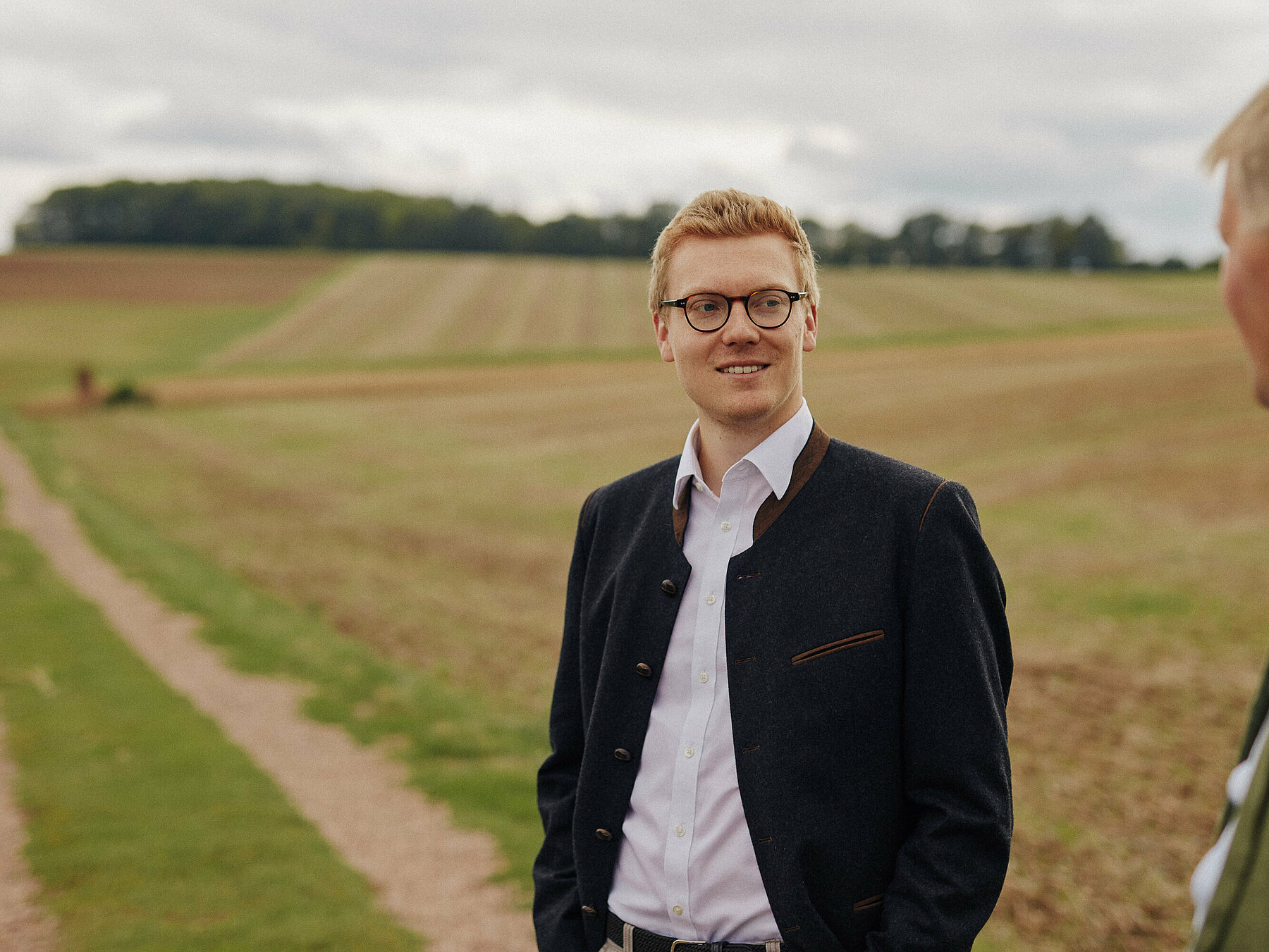
Principles for Responsible Investment
United Nations Principles (UN PRI)
Forestry is of particular interest from the point of view of sustainable development. The concept of sustainability first appeared in the 18th century in connection with forestry. It was also the forestry sector that was the first to implement sustainable development by harvesting only as many trees as could grow back naturally.
Today, forestry plays an important role in the transition to a sustainable society.
The Salm-Salm Group's standards are of the highest level. They therefore also comply with the United Nations Principles for Responsible Investment (UN PRI), which are tailored to investments in timber and farmland.
Sustainable forest management supports 6 out of 17 of the UN's Sustainable Development Goals
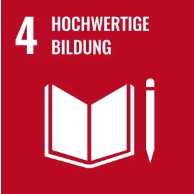
High quality education
More
High quality education
In forest management, we pay attention to decent working conditions and economic growth by creating jobs and supporting rural areas.
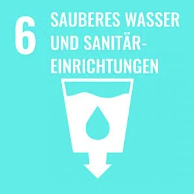
Clean Water
More
Clean Water
Forests not only clean our air by storing CO2 but also provide oxygen and purify or store drinking water.
By reforesting and protecting forests, sustainable forest management contributes to filtering and storing water. Up to 200 liters of water can be stored underground under one square meter of forest. The forest soil gradually releases the water to the groundwater. The released water can easily be purified into drinking water through slow seepage and natural purification by the trees, microorganisms and fungi.
Furthermore, paths, ditches and bodies of water are also maintained as part of forest management.
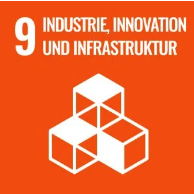
Industry, Innovation and Infrastructure
More
Industry, Innovation and Infrastructure
In no other industry is technological progress as rapid as in agriculture and forestry. New technologies are more efficient, more powerful and more environmentally friendly. In order to transport the timber from the forest to the sawmills and processing companies, the infrastructure in rural areas is being expanded.
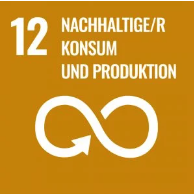
Sustainable consumption and production
More
Sustainable consumption and production
Forests are producers of sustainable resources. In the upstream and downstream areas of the timber industry, the sustainable raw material wood is used through treatment and processing. Our forests are certified and their sustainability is monitored by independent certifiers and auditors.

Measures for climate protection
More
Measures for climate protection
Forests also make a significant contribution to the 13th sustainability goal. As part of our sustainable forest management, climate-resilient tree species are cultivated in order to achieve biological growth through resilient plants, even in challenging climatic conditions. We protect forests by caring for and managing them and by maintaining or even increasing stocks through reforestation.
Certification Systems
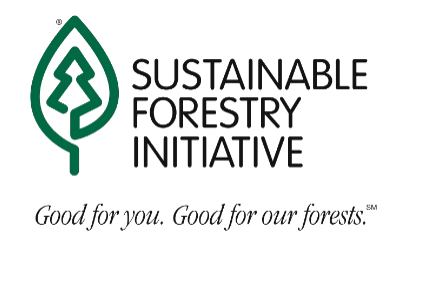
Sustainable Forestry Initiative

Sustainable Forestry Initiative
The Sustainable Forestry Initiative is a sustainability organization operating in the USA and Canada that works on four pillars: Standards, Conservation, Community and Education. SFI has two youth education initiatives: Project Learning Tree and Project Learning Tree Canada. SFI is helping to solve some of the biggest sustainability challenges of our time. Since 1994, SFI's mission has been to reduce negative impacts on our environment and make positive contributions by uniting people and organizations.
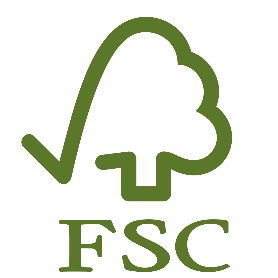
Forest Stewardship Council

Forest Stewardship Council
The Forest Stewardship Council is an international non-profit organization. The Council created the first system for certifying sustainable forest management, has been operating and developing it since 1993. FSC brings together citizens, businesses, governments and NGOs to protect forests and make them more resilient.

Arbeitsgemeinschaft naturgemäße Waldwirtschaft

Arbeitsgemeinschaft naturgemäße Waldwirtschaft
The Arbeitsgemeinschaft Naturgemäße Waldwirtschaft e.V. (ANW) is a germany-wide association committed to the goal of optimizing forestry both ecologically and economically. The association was founded in 1950 and has been bringing together forest owners, foresters, scientists and forest enthusiasts ever since. ANW strives for a stable ecosystem through the management of a structurally and species-rich permanent forest. The forest must not only be healthy and provide a habitat for many species but has social functions and should produce wood that is also economically profitable.

Programme for the Endorsement of Forest Certification Schemes

Programme for the Endorsement of Forest Certification Schemes
The Programme for the Endorsement of Forest Certification Schemes is an international forest certification system that was founded in 1999. PWFC guarantees the sustainable management of forests and the associated production of wood. The PEFC standard provides guidance for forest owners on how to manage forests sustainably in difficult climatic times, both ecologically and economically.
Are you a private or institutional investor?
Salm-Salm & Partner supports its investors with a broad range of information on asset allocation, investment management and market information. It is therefore important for us to know what type of investor you are. Professional investors according to §67 WpHG are institutional investors and distributors. To help us provide you with the right information, please select one of the following options. Translated with www.DeepL.com/Translator (free version)
Salm-Salm & Partner accepts no liability for the unauthorised use of the following content.
